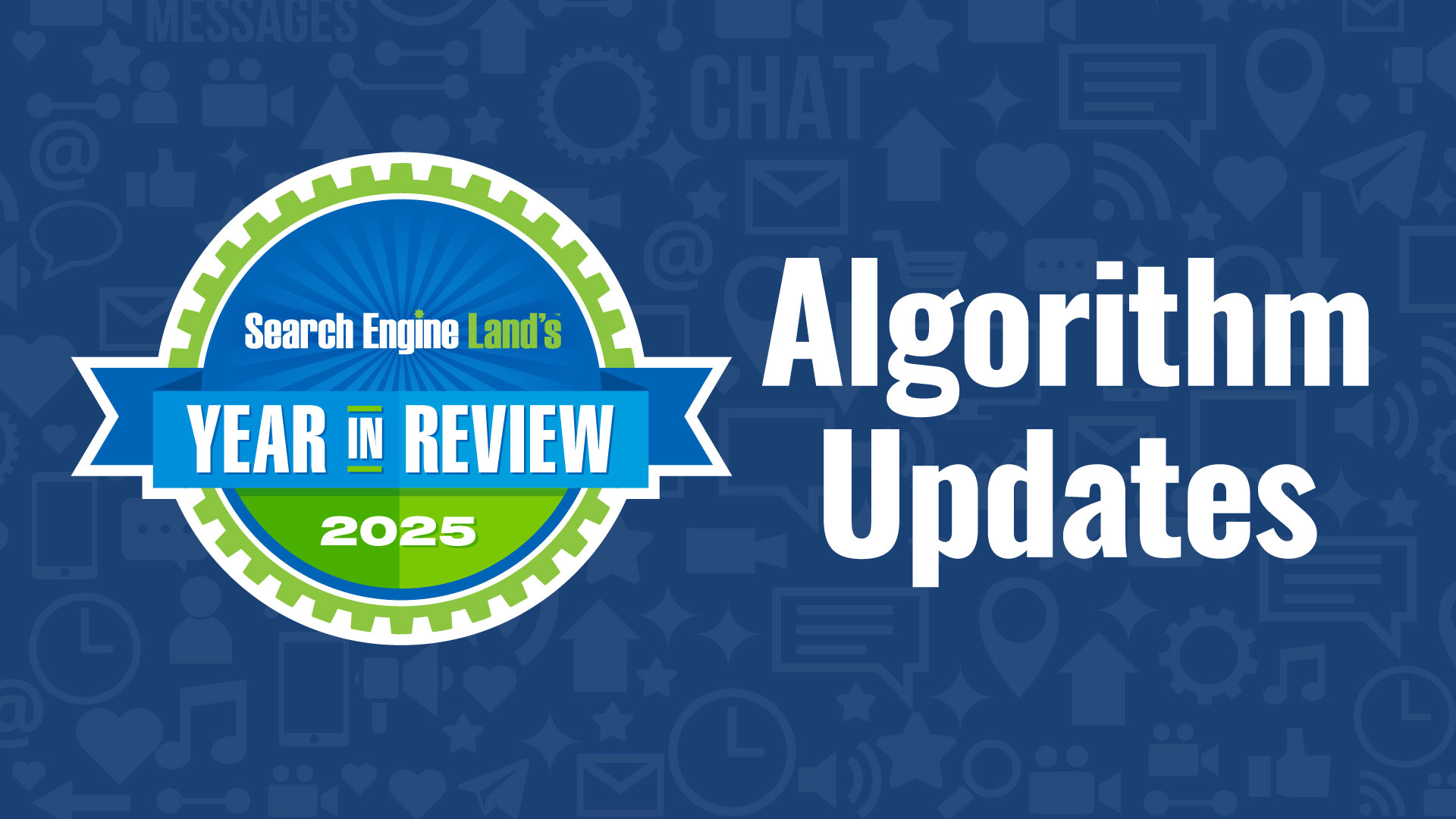9 important features of enterprise SEO platforms
Want to grow your company's organic search visibility and revenue? These are some must-have features of an enterprise SEO platform.
Enterprise SEO platform vendors offer numerous capabilities. These range from keyword research
and rank-tracking to backlink analysis and acquisition, as well as competitive intelligence and content
optimization.
Most of the vendors profiled in Enterprise SEO Platforms: A Marketer’s Guide offer the following core capabilities:
- Keyword research and rank tracking;
- Page-level SEO analysis;
- Content optimization analysis;
- Link (also called backlink) analysis and acquisition/removal;
- Site error detection;
- Organic search traffic market share;
- Competitive analysis;
- International search results and rank tracking;
- Internal cross-linking; and
- APIs for third-party data integration and management, as well as for export to other analysis tools.
Enterprise-level platforms may also provide more extensive link and site audits or analytics that include predictive scoring systems to identify potential opportunities to improve page performance or link authority.
Vendors differentiate by offering more frequent or detailed data updates or content marketing features that sometimes require additional investment. These more advanced capabilities may include, but are not limited to:
- Daily or real-time site crawls.
- Features to manage adjacent fields like PPC or social media marketing.
- Search intent-based analysis, perhaps involving artificial intelligence or machine learning.
- Universal search rankings incorporating featured snippets, knowledge panels, reviews, local packs, images, top stories, video, related questions, carousels, tweets and other dynamic displays.
- Analysis and management of Google Shopping feeds.
- Content marketing analysis and performance tools.
- On-page content quality analysis.
- Competitive intelligence and benchmarking.
- Identification of technical issues that can impact rankings (e.g., broken pages, slow loading pages, content duplication, excessive redirects).
- Cross-device attribution.
Here are nine important features of enterprise SEO platforms.
1. Link analysis and acquisition
Links continue to be one of the most important external or “off-page” signals that can help a website rise in search engine rankings.
Most enterprise SEO platforms provide link analysis (i.e., what sites are linking to yours), link building or removal recommendations via competitive analysis and other reports that reveal opportunities for obtaining links (i.e., what sites should you solicit links from) as part of their base platforms.
2. Keyword research/rank analysis
Keyword research – knowing what terms people use to find your website, how your pages rank for various queries and how you should use those terms in your copy – is a pillar of effective SEO.
Virtually all enterprise SEO platforms provide keyword research tools that allow marketers to discover the ways that consumers search for content, and what keywords are driving traffic for competitors.
Vendors source this data differently, however.
Some vendors license data from point solutions or ISPs, due to Google’s restrictions on scraped data in its terms of use and the percentage of search results that are keyword “(not provided).” Other vendors develop and manage a proprietary database of keyword terms.
As a result, reliable keyword data has become less of a commodity and more expensive.
It’s also important to note that rank analysis has grown increasingly complex as Google has upped its use of more dynamic and visual SERPs.
Marketers are no longer satisfied with a simple numeric designation of how their page ranks for a particular query; they want to know if it’s displayed in a carousel, in a knowledge panel, with sitelinks – or any of the other ways in which crawled content is being displayed on the SERPs.
Brands want a sense of how they’re coming across in search generally, even if the brand-related activity is happening on third-party sites. That’s why providers are coming up with their own proprietary formulas for calculating “share of voice” in search
3. Search intent-based analysis
Google’s search algorithms, often powered by artificial intelligence, are focusing less on keyword
matches and more on search intent.
To counter the lack of keyword data, SEO platform vendors are developing more tools that analyze search intent and predict or recommend the most relevant content that would meet the searcher’s needs.
4. Custom site crawls/audits
With content quality becoming the lynchpin for many marketers’ SEO strategies, site crawls or audits are important tools offered by enterprise SEO platform vendors.
Some platforms offer optimization recommendations for keywords, page structures and crawlability. They often prioritize and assign scores for such factors as HTML title tags, body tags and meta tags.
Many enterprise SEO platforms provide daily site crawls; some feature real-time technical data, while others offer updates on a weekly basis.
Ideally, the tool should be able to crawl the entire site, not just random pages. However, some enterprise sites are so large it’s unrealistic to expect a tool to crawl it in its entirety.
5. Content marketing and analysis
SEO and content marketing have become closely aligned, as Google has raised the content quality bar through artificial intelligence as well as its regular algorithm updates. As a result, relevant, up-todate content has become integral to SEO success.
Many vendors have upgraded the content optimization and content marketing capabilities of their enterprise SEO platforms and expanded the tools’ content marketing features. These include:
- Page management tools or APIs to monitor on-page content and errors.
- Reports on content performance and traffic trends.
- Influencer identification and campaign management.
- Real-time content recommendations.
More advanced platforms perform analysis to help improve the depth and quality of content by performing topical analysis of content and comparing it against the competition to identify potentially important gaps and make recommendations for improvement.
One emerging area in which vendors are investing is the ability to automatically and proactively suggest topics that marketers should create content about – eliminating the need to spend lots of time on analysis. Some even aid in developing the type of content that will show up in queries for target keywords.
6. International search tracking
International search coverage has become a critical capability, as the global economy leads more U.S.-based enterprises to conduct business online and offline in multiple countries and languages.
Virtually all enterprise SEO platforms profiled in this report offer some level of international search coverage that crosses borders, languages and alphabets.
The capabilities include international keyword research, integrating global market and search volume data into the platform, as well as integrating global CPC currency data.
7. Mobile/local analytics
Google’s search engine updates are increasingly focused on improving the mobile/local search user experience.
While mobile-friendly sites are now table stakes in the SEO game, appearance in local listings has become more important in the COVID-19 era, which elevated e-commerce and digital communication among local retailers and restaurants, in part to cope with the demand for BOPIS and curbside delivery.
8. Technical SEO crawling
Tools to identify technical issues that may be hindering ranking performance are very important, given that marketers rank technical SEO fixes as their number one priority. These include things like:
- Slow page load.
- Implementation of schema markup.
- Identification of crawling issues.
- The allocation of crawl budget.
- The flagging of duplicate URL and canonical issues.
9. Cross-device attribution
Recognizing that SEO is just one aspect of a brand’s marketing efforts, and also that search traffic (especially on brand keywords) is influenced by paid media, some vendors are developing capabilities that help marketers determine what marketing initiative is driving site visits or sales.
This is becoming increasingly difficult, however, as third-party cookies are no longer being supported by many companies.
Search Engine Land is owned by Semrush. We remain committed to providing high-quality coverage of marketing topics. Unless otherwise noted, this page’s content was written by either an employee or a paid contractor of Semrush Inc.


